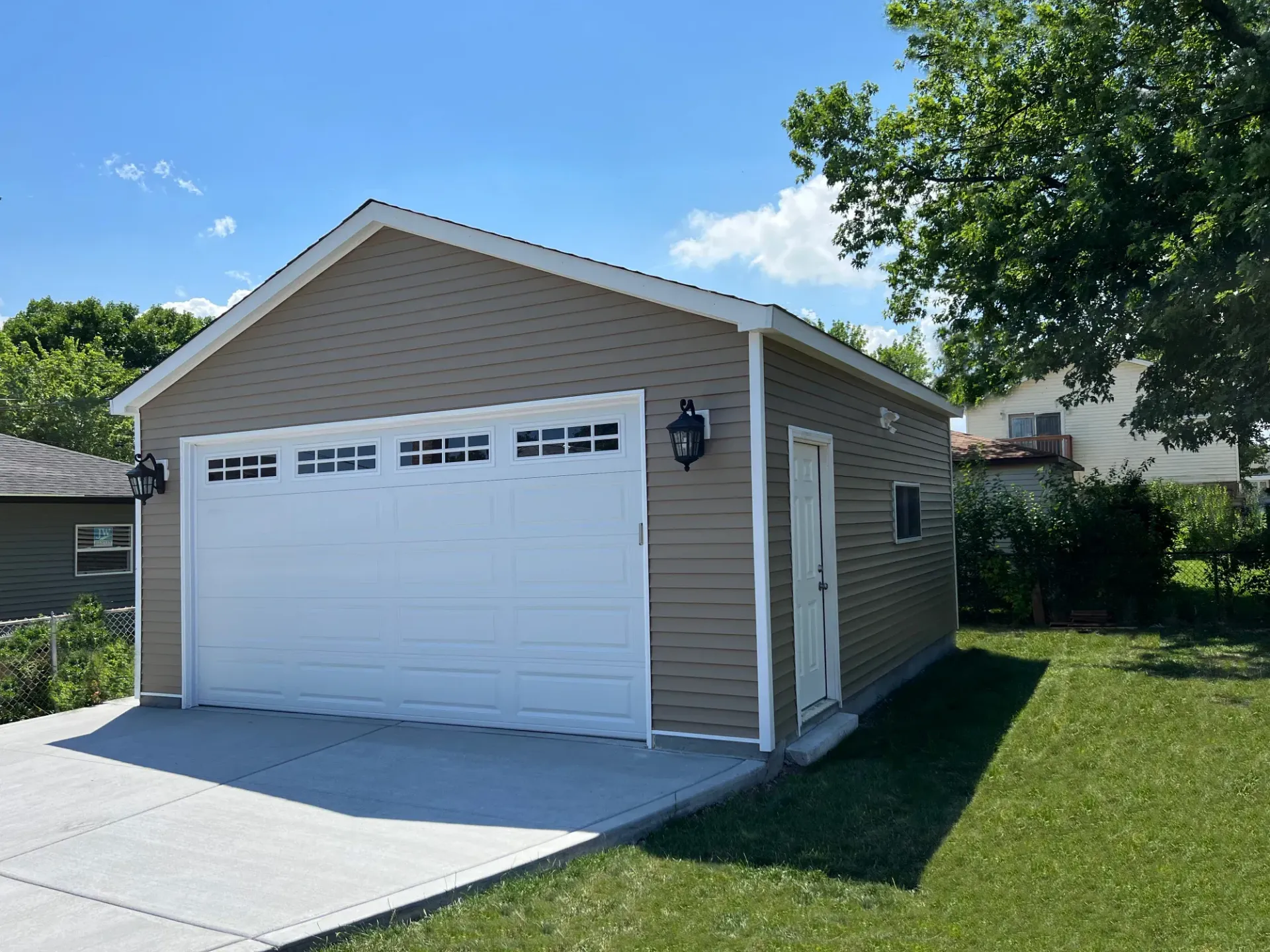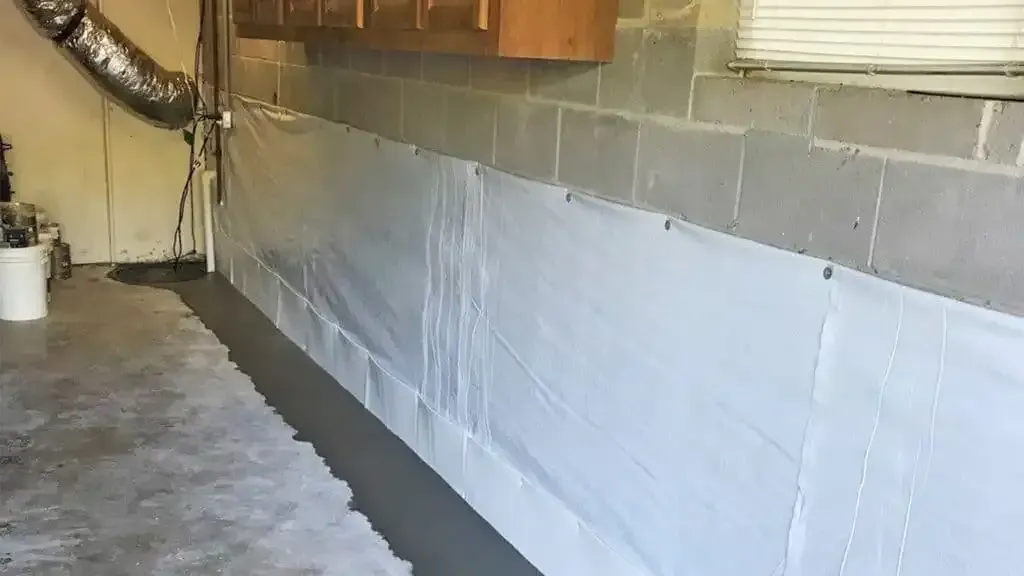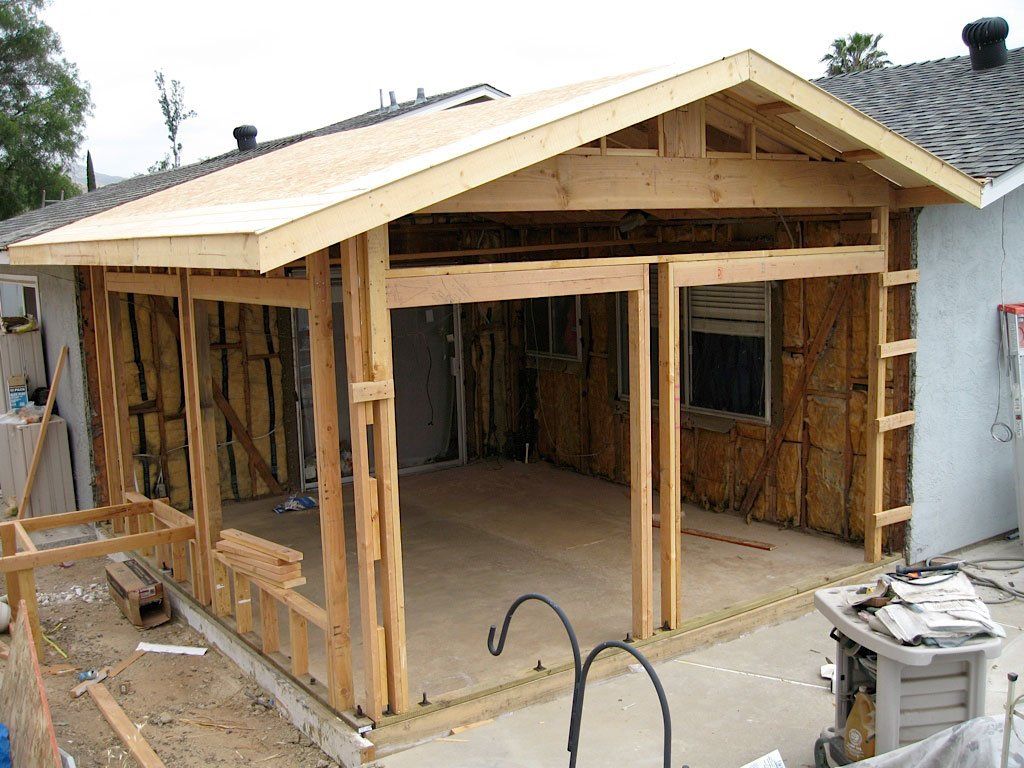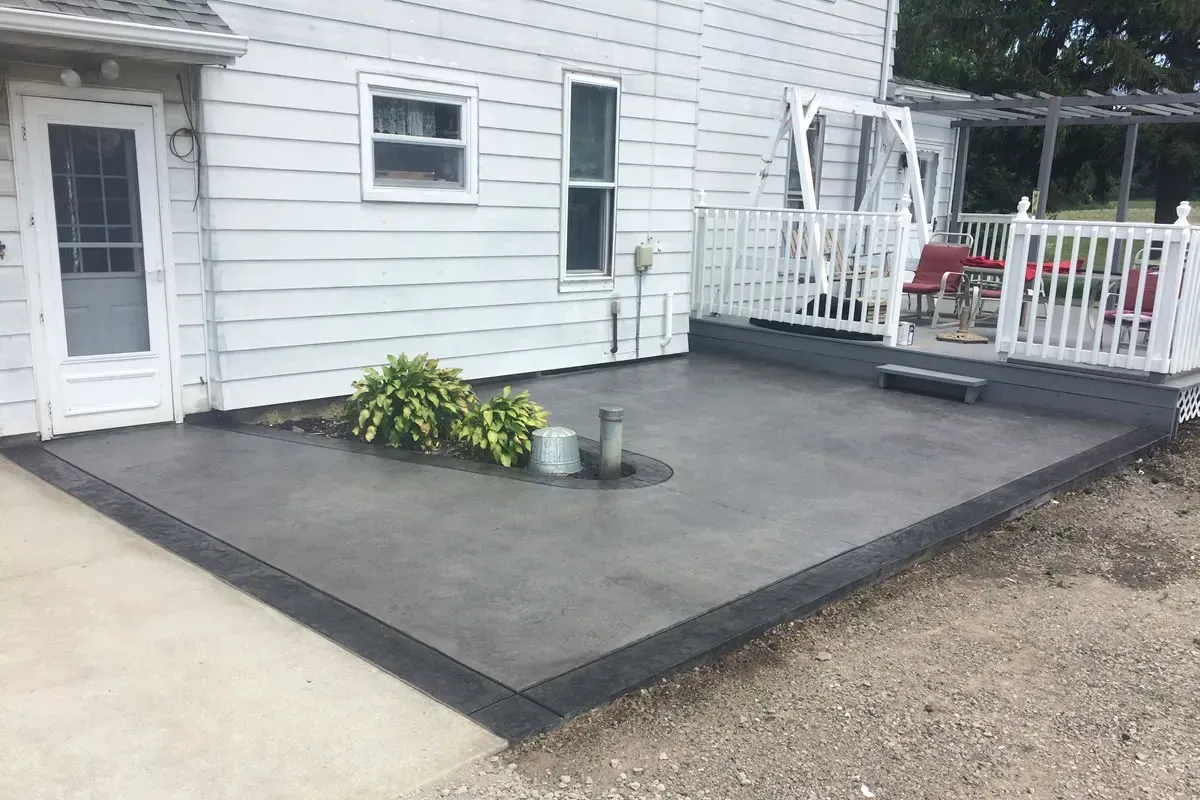Utility Locating Before Excavation: Why It’s Required in RI
Utility locating before excavation is mandatory in Rhode Island and could save your life, prevent catastrophic damage, and avoid massive fines. The Ocean State's dense underground infrastructure makes proper utility marking through DigSafe 811 essential for every digging project, from small landscaping to major construction.
Why Utility Locating Is Legally Required in Rhode Island
Rhode Island law mandates utility locating because:
- Life safety protection from gas explosions and electrical hazards
- Critical infrastructure protection serving thousands of residents
- Environmental safety preventing contamination and spills
- Economic protection avoiding millions in damage costs
- Legal compliance with state and federal excavation laws
Calling DigSafe 811 at least 72 hours before digging is not optional - it's the law that protects lives and property throughout Rhode Island.
Rhode Island's DigSafe 811 Requirements
Legal Excavation Notice Requirements
Rhode Island General Law mandates:
- Call 811 at least 72 hours before excavation
- All excavation deeper than 12 inches requires marking
- Emergency excavations need immediate 811 notification
- Utility marks valid for 30 days from marking date
- Re-marking required if work extends beyond 30 days
What Constitutes Excavation in Rhode Island
Legal definition includes:
- Any digging, boring, or tunneling
- Installing fence posts or mailboxes
- Planting trees or large shrubs
- Installing pools or decks
- Driveway and walkway construction
- Foundation work and utility installations
Underground Utilities in Rhode Island
Major Utility Companies Serving Rhode Island
Primary utility providers include:
- National Grid - Electric and natural gas
- Eversource - Electric distribution
- Verizon - Telecommunications
- Cox Communications - Cable and internet
- Municipal water systems - Providence Water, local authorities
- Private utilities - Propane, fiber optic, irrigation systems
Types of Underground Utilities
Common buried utilities in Rhode Island:
- Electric power lines and transformers
- Natural gas distribution lines
- Water mains and service lines
- Sewer lines and storm drains
- Telephone and fiber optic cables
- Cable TV and internet lines
- Irrigation and sprinkler systems
- Private oil and propane lines
The Catastrophic Risks of Unmarked Excavation
Gas Line Strikes: Life-Threatening Dangers
Natural gas line damage can cause:
- Immediate explosion and fire risk
- Evacuation of entire neighborhoods
- Service disruption to thousands
- Environmental contamination
- Potential loss of life and property
Recent Rhode Island incidents:
- Cranston gas explosion (2019): $2.3 million damage
- Providence main break: 500 homes evacuated
- Warwick construction incident: $850,000 in damages
Electrical Hazards and Fatalities
Underground electrical strikes result in:
- Instant electrocution and death
- Severe burns and permanent injury
- Power outages affecting communities
- Equipment damage and fires
- OSHA violations and criminal charges
Water and Sewer Line Damage
Utility line breaks cause:
- Massive flooding and property damage
- Contaminated water supply risks
- Service disruptions lasting days
- Environmental cleanup requirements
- Health department emergency responses
Financial Consequences of Utility Strikes
Direct Damage Costs in Rhode Island
Utility damage typically costs:
- Gas line repair: $50,000-500,000
- Electric line damage: $25,000-200,000
- Water main breaks: $15,000-100,000
- Telecommunications: $10,000-75,000
- Emergency response: $5,000-50,000
Legal Liability and Fines
Rhode Island penalties include:
- First violation: $1,000-5,000
- Repeat violations: $5,000-25,000
- Criminal charges for willful violations
- Personal injury lawsuit liability
- Property damage reimbursement
- Business license suspension
Insurance and Coverage Issues
Most insurance policies exclude:
- Utility damage from unmarked excavation
- Gradual damage and contamination
- Business interruption from violations
- Legal defense costs
- Punitive damages and fines
Real Rhode Island Case Costs
Westerly contractor avoided 811 call:
- Gas line strike damage: $180,000
- Emergency response costs: $45,000
- State fines and penalties: $15,000
- Legal fees and litigation: $35,000
- Total cost of non-compliance: $275,000
How Rhode Island's DigSafe 811 System Works
Step-by-Step Process
- Call 811 or submit online request
- Provide detailed excavation information
- Wait minimum 72 hours for marking
- Verify all utilities are marked
- Excavate carefully around marked utilities
- Call for re-marks if needed
Information Required for 811 Calls
Callers must provide:
- Exact excavation location and address
- Type and scope of work planned
- Excavation start date and duration
- Contact information for site access
- Specific areas to be marked
Utility Marking Timeline
Rhode Island marking schedule:
- Normal requests: 72 hours minimum
- Emergency requests: Immediate response required
- Complex locations: May take up to 10 business days
- Re-marks: 48-72 hours for renewal
Understanding Utility Marking Colors
Standard Color Codes
National color-coding system:
- Red: Electric power lines and equipment
- Orange: Telecommunications and cable TV
- Yellow: Natural gas and propane lines
- Green: Sewer lines and storm drains
- Blue: Water mains and service lines
- Purple: Irrigation and reclaimed water
- Pink: Temporary survey markings
- White: Proposed excavation boundaries
Rhode Island Specific Markings
Local variations include:
- Municipal water system markings
- Private utility company codes
- Historic utility line indicators
- Depth markers and warning signs
- Utility company contact information
Rhode Island's Dense Utility Infrastructure
Urban Challenges (Providence, Cranston, Warwick)
City excavation faces:
- Multiple utilities in small spaces
- Aging infrastructure complications
- Unknown utility locations
- Historic system documentation gaps
- High-density residential areas
Suburban Complications (Middletown, North Kingstown, Smithfield)
Suburban challenges include:
- Longer utility runs and connections
- Private utility system variations
- Newer developments with complex routing
- Shared utility easements
- Mixed residential and commercial zones
Coastal Considerations (Newport, Narragansett, Westerly)
Coastal areas present:
- Salt air corrosion effects on markings
- Storm surge utility damage history
- Underground utility depth variations
- Tourist season access complications
- Environmental protection requirements
Special Excavation Situations in Rhode Island
Emergency Excavations
True emergencies require:
- Immediate 811 notification
- Utility company direct contact
- Hand digging near marked lines
- Continuous safety monitoring
- Documentation of emergency conditions
Historic Districts and Downtown Areas
Special considerations include:
- Unknown utility locations
- Outdated mapping information
- Hand digging requirements
- Archaeological monitoring needs
- Limited access for equipment
Large Commercial Projects
Complex excavations need:
- Extended pre-planning periods
- Multiple utility company coordination
- Detailed excavation plans
- Phased marking approaches
- Professional utility locating services
Beyond 811: Professional Utility Locating
When Professional Services Are Needed
Private locating recommended for:
- Critical infrastructure projects
- Dense utility environments
- Precise excavation requirements
- Private utility systems
- Complex underground layouts
Advanced Locating Technology
Professional equipment includes:
- Ground-penetrating radar (GPR)
- Electromagnetic utility locators
- Vacuum excavation systems
- Utility mapping software
- GPS coordinate documentation
Benefits of Professional Services
- More precise utility locations
- Depth and size information
- Private utility detection
- Detailed mapping documentation
- Reduced excavation risks
Safety Protocols During Excavation
Hand Digging Requirements
Near marked utilities, use:
- Hand tools within 18 inches
- Vacuum excavation methods
- Soft digging techniques
- Continuous visual monitoring
- Immediate stop on utility contact
Equipment Safety Measures
Mechanical excavation requires:
- Experienced equipment operators
- Spotter personnel at all times
- Gradual approach to marked areas
- Emergency shutdown procedures
- First aid and emergency planning
Environmental Protection
Rhode Island excavation must:
- Prevent soil and water contamination
- Protect sensitive environmental areas
- Follow spill prevention protocols
- Maintain erosion control measures
- Comply with cleanup requirements
Rhode Island Utility Company Responsibilities
Marking Accuracy and Timeliness
Utility companies must:
- Respond within legal timeframes
- Provide accurate utility locations
- Mark to industry standards
- Maintain marking visibility
- Provide emergency contact information
Utility Company Limitations
Standard marking doesn't include:
- Private utilities beyond meter
- Abandoned utility lines
- Utilities installed without permits
- Customer-owned equipment
- Non-member utility systems
Coordination Challenges
Multiple utilities require:
- Scheduling coordination
- Access permission management
- Property owner notification
- Traffic control planning
- Weather delay accommodations
Excavation Best Practices in Rhode Island
Pre-Excavation Planning
Successful projects include:
- Early 811 notification
- Site access preparation
- Equipment selection planning
- Safety protocol establishment
- Emergency response preparation
During Excavation Safety
Safe digging practices:
- Verify all markings before starting
- Use appropriate excavation methods
- Maintain safe distances from utilities
- Monitor for gas odors or sounds
- Stop work on any utility contact
Post-Excavation Responsibilities
Project completion requires:
- Proper backfill and compaction
- Surface restoration
- Utility protection maintenance
- Documentation of work completed
- Final safety inspection
Technology and Modern Utility Locating
GPS Mapping Integration
Modern systems provide:
- Precise coordinate documentation
- Digital mapping capabilities
- Historical utility databases
- Real-time location updates
- Integration with construction plans
Smartphone Apps and Digital Tools
Available technology includes:
- 811 request mobile apps
- Utility company notification systems
- GPS location services
- Photo documentation tools
- Emergency contact directories
Training and Certification Requirements
Contractor Education Programs
Rhode Island contractors should complete:
- DigSafe training certifications
- OSHA excavation safety courses
- Utility company workshops
- Emergency response training
- Continuing education requirements
Worker Safety Training
All excavation personnel need:
- Utility identification knowledge
- Emergency procedure training
- Safe digging technique instruction
- Equipment operation certification
- First aid and CPR training
Choosing Qualified Rhode Island Contractors
Essential Contractor Qualifications
Experienced contractors demonstrate:
- Perfect 811 compliance record
- Comprehensive insurance coverage
- Utility strike prevention training
- Emergency response capabilities
- Local utility company relationships
Questions for Potential Contractors
- Do you always call 811 before excavating?
- What's your utility strike history?
- How do you handle unmarked utilities?
- What emergency procedures do you follow?
- Do you carry adequate insurance coverage?
Red Flags to Avoid
- Contractors who skip 811 calls
- "We know where the utilities are" claims
- Inadequate insurance coverage
- No emergency response procedures
- Poor safety record or training
Rhode Island Regulatory Enforcement
State Oversight Agencies
Multiple agencies enforce compliance:
- Rhode Island Public Utilities Commission
- Department of Environmental Management
- Occupational Safety and Health Administration
- Local building and safety departments
- Attorney General's office for violations
Inspection and Enforcement
Compliance monitoring includes:
- Random excavation site inspections
- Utility company violation reports
- Public complaint investigations
- Post-incident enforcement actions
- Repeat offender tracking
Planning Your Rhode Island Excavation Project
Timeline Considerations
Proper planning requires:
- 811 call minimum 72 hours early
- Additional time for complex sites
- Weather delay contingencies
- Permit processing periods
- Utility company coordination
Seasonal Factors
Rhode Island excavation timing:
- Spring: High demand, longer wait times
- Summer: Peak construction season
- Fall: Optimal conditions, faster response
- Winter: Emergency only, weather delays
Cost Planning
Budget considerations include:
- 811 service fees (free in Rhode Island)
- Professional locating costs
- Excavation safety equipment
- Insurance and bonding requirements
- Emergency response contingencies
Planning an excavation project in Rhode Island?
Rockhouse Construction prioritizes safety through strict DigSafe 811 compliance and professional utility locating services. Our experienced team understands Rhode Island's dense utility infrastructure and follows all state safety protocols. We maintain perfect safety records through proper utility marking, hand digging techniques, and emergency response procedures. From residential landscaping to major commercial developments, we protect your project and community through professional excavation practices. Our licensed professionals coordinate with all Rhode Island utility companies and maintain comprehensive insurance coverage.
Contact us today for excavation services that prioritize safety, compliance, and professional excellence throughout the Ocean State.











